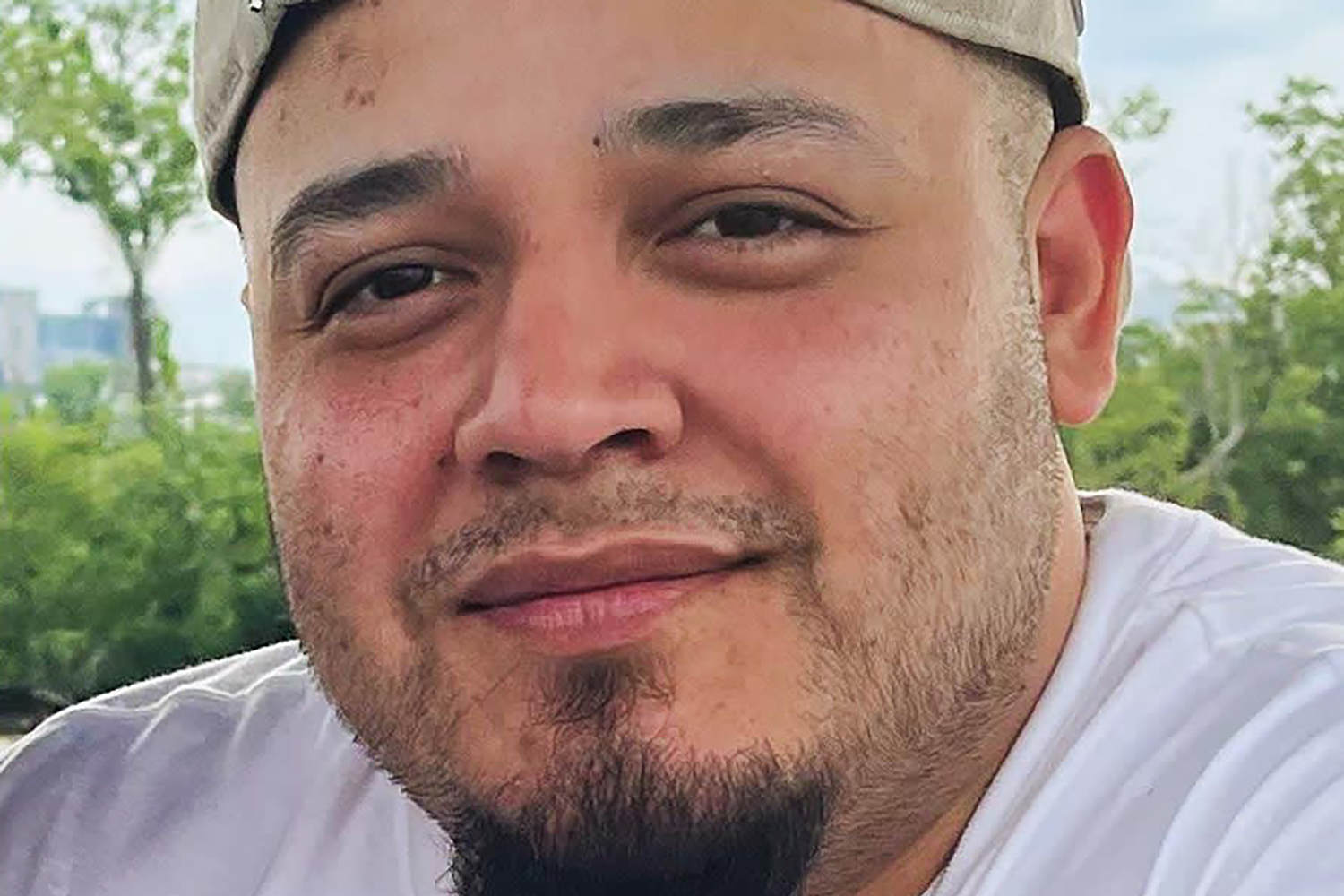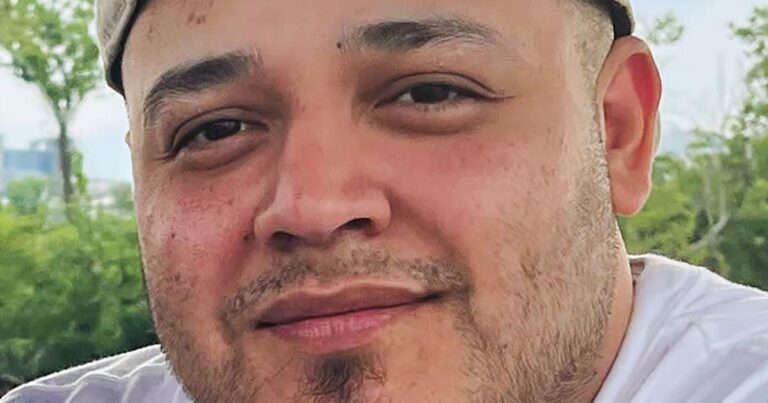
Kilmar Abrego Garcia, the man who was wrongfully deported to an El Salvador prison and accused of being a member of the gang MS-13, was released from federal custody on Friday afternoon after a judge’s 30-day pause on his release expired.
U.S. Magistrate Judge Barbara Holmes in the Middle District of Tennessee ordered Abrego’s release from a Nashville-area jail on Friday, where he has been held since his June release from El Salvador’s CECOT prison.
Abrego is en route to his family in Maryland, Sean Hecker, one of Abrego’s attorneys, said in a statement.
Abrego was “unlawfully arrested and deported, and then imprisoned, all because of the government’s vindictive attack on a man who had the courage to fight back against the Administration’s continuing assault on the rule of law,” Hecker said.
Abrego’s attorneys requested the 30-day pause that prevented their client from walking free last month out of fear that he might be detained by federal Immigration and Customs Enforcement officers upon his release.
That ruling followed two others that aimed to protect Abrego.
In July, U.S. District Judge Waverly Crenshaw in Nashville, Tennessee, sought to release Abrego. At the time, Crenshaw denied a government motion to block his release, writing that the Trump administration failed to provide evidence that Abrego must remain detained or that he is a flight risk.
Also last month, U.S. District Judge Paula Xinis in Maryland ruled that the U.S. government “shall restore Abrego Garcia to his ICE Order of Supervision out of the Baltimore Field Office.”
Xinis said her order to have Abrego Garcia placed under ICE supervision in Maryland, where he was living with his wife and children before he was mistakenly deported in March, is necessary to “provide the kind of effective relief to which a wrongfully removed alien is entitled upon return.”
The July order, which also requires the government provide 72 hours’ notice if it intends to deport Abrego Garcia to a third country, is “narrowly tailored” to allow the Trump administration to initiate “lawful immigration proceedings” upon Abrego Garcia’s return to Maryland.
Abrego’s case has become a central talking point in the Trump administration’s deportation efforts after a months-long back-and-forth legal saga.
Born in El Salvador, Abrego’s lawyers have previously said that he illegally immigrated to the U.S. when he was 16 to join his brother in Maryland out of fear of gang violence in his home country.
He was first deported to CECOT — the notorious mega-prison in El Salvador — in March, in what the government called an “administrative error.”
The deportation directly conflicted with a judge’s 2019 ruling that Abrego not be deported to the country and came after he was detained by local police and accused of being a member of MS-13, an international crime gang. He was not turned over to ICE in that case, and his family and friends have repeatedly denied his involvement in the group.
Abrego was returned to the U.S. in June and immediately federally charged with conspiracy to unlawfully transport illegal aliens for financial gain and unlawful transportation of illegal aliens for financial gain in Nashville.
He has pleaded not guilty to both charges. A criminal jury trial in Tennessee over the human trafficking charges remains set for January.

